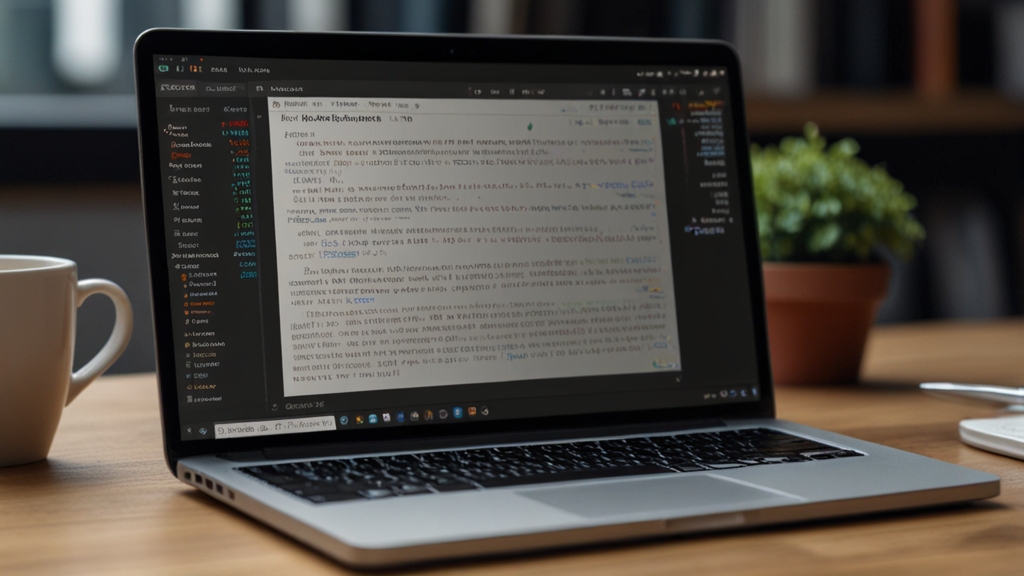From Zero to Hero: Learn Python in Just 30 Days
Embarking on a journey to learn programming can be daunting, especially when starting from scratch. However, with the right approach and dedication, you can master the basics of Python - one of the most popular and versatile programming languages - in just 30 days. Here's a structured plan to guide you from zero to hero.
Day 1-7: Understanding the Fundamentals
The first week is all about laying a solid foundation. Start by familiarizing yourself with the basic concepts and syntax of Python. Install Python from the official website and set up an Integrated Development Environment (IDE) like PyCharm or VS Code.
"A journey of a thousand miles begins with a single step." - Lao Tzu
Focus on learning the following:
- Variables and Data Types
- Basic Operators (Arithmetic, Logical, Comparison)
- Control Structures (if-else statements, loops)
- Functions and Modules
Resources like Python's official tutorial and platforms like Codecademy and Coursera offer great beginner-friendly courses.
Day 8-14: Diving Deeper into Data Structures
In the second week, focus on understanding and working with data structures - the backbone of any programming language. Python has built-in data structures that you'll use frequently:
- Lists
- Tuples
- Dictionaries
- Sets
Practice by writing simple scripts that manipulate these data structures. You can find exercises on websites like LeetCode and HackerRank to reinforce your understanding.
"Tell me and I forget. Teach me and I remember. Involve me and I learn." - Benjamin Franklin
Day 15-21: Working with Libraries and Modules
Python's power lies in its extensive library support. During the third week, start exploring some of the most commonly used libraries:
- NumPy: For numerical operations
- Pandas: For data manipulation and analysis
- Matplotlib: For data visualization
- Requests: For making HTTP requests
Understanding how to leverage these libraries can significantly boost your productivity and open doors to working on more complex projects.
Day 22-28: Building Projects
Now that you have a strong grasp of the basics and essential libraries, it's time to put your knowledge into practice by building projects. Start with small, manageable projects like:
- To-do list application
- Simple calculator
- Web scraper
- Basic data analysis and visualization project
This phase is crucial as it helps consolidate your learning, introduces you to problem-solving in real-world scenarios, and enhances your programming skills.
Day 29-30: Reviewing and Moving Forward
The final two days are dedicated to reviewing everything you've learned. Revisit the concepts, clean up your code, and document your projects. This reflection phase is essential for identifying areas where you might need further practice.
"Success is not the key to happiness. Happiness is the key to success. If you love what you are doing, you will be successful." - Albert Schweitzer
Additionally, consider exploring further Python topics such as Object-Oriented Programming (OOP), working with databases using SQL, or web development with frameworks like Django or Flask.
Conclusion
Learning Python in just 30 days is an ambitious yet achievable goal if approached with focus and dedication. By breaking down your learning journey into manageable weekly targets, you'll steadily progress from a complete beginner to a competent programmer.
Remember, consistency is key. Practice regularly, seek help from communities when stuck, and most importantly, enjoy the process.
Happy coding!








